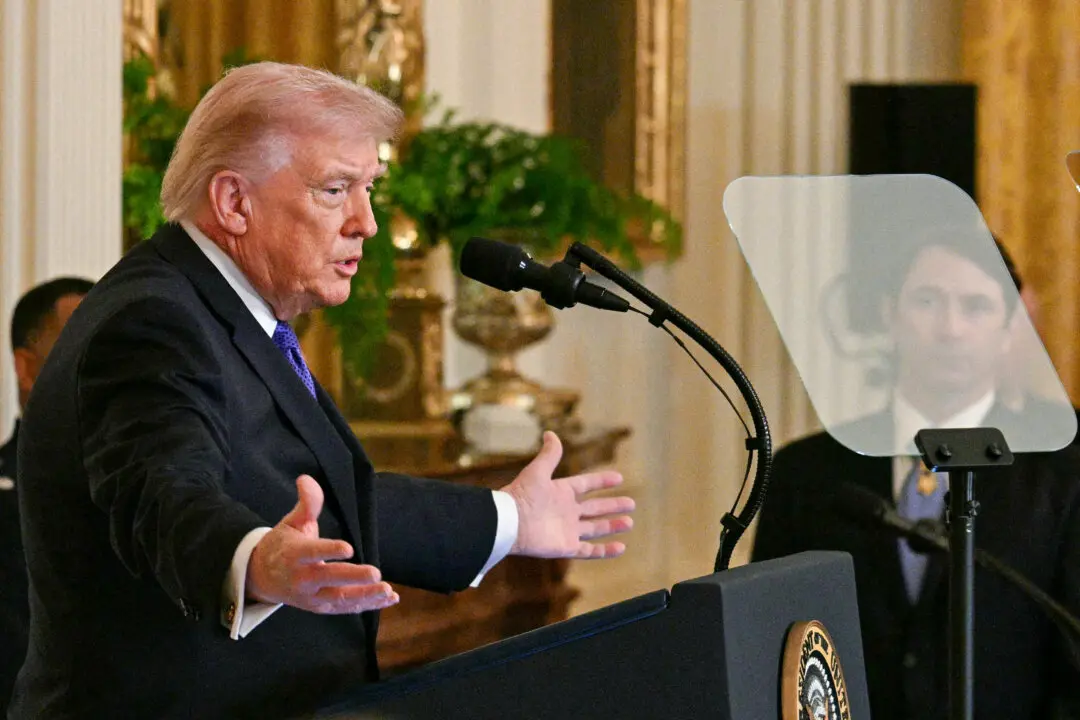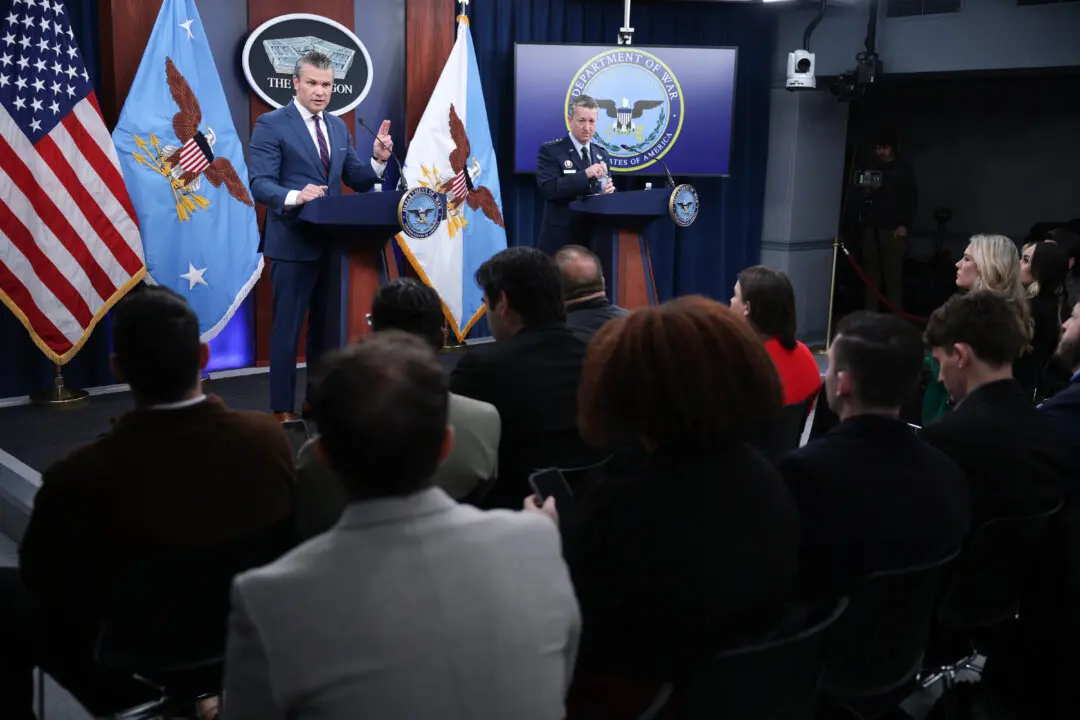The Senate voted on March 21 to advance a repeal of two U.S. authorizations for military action against Iraq.
The upper congressional chamber voted on the motion, 67-28, to begin debate on a bill that would undo the 1991 and 2002 Authorizations for the Use of Military Force (AUMFs).





